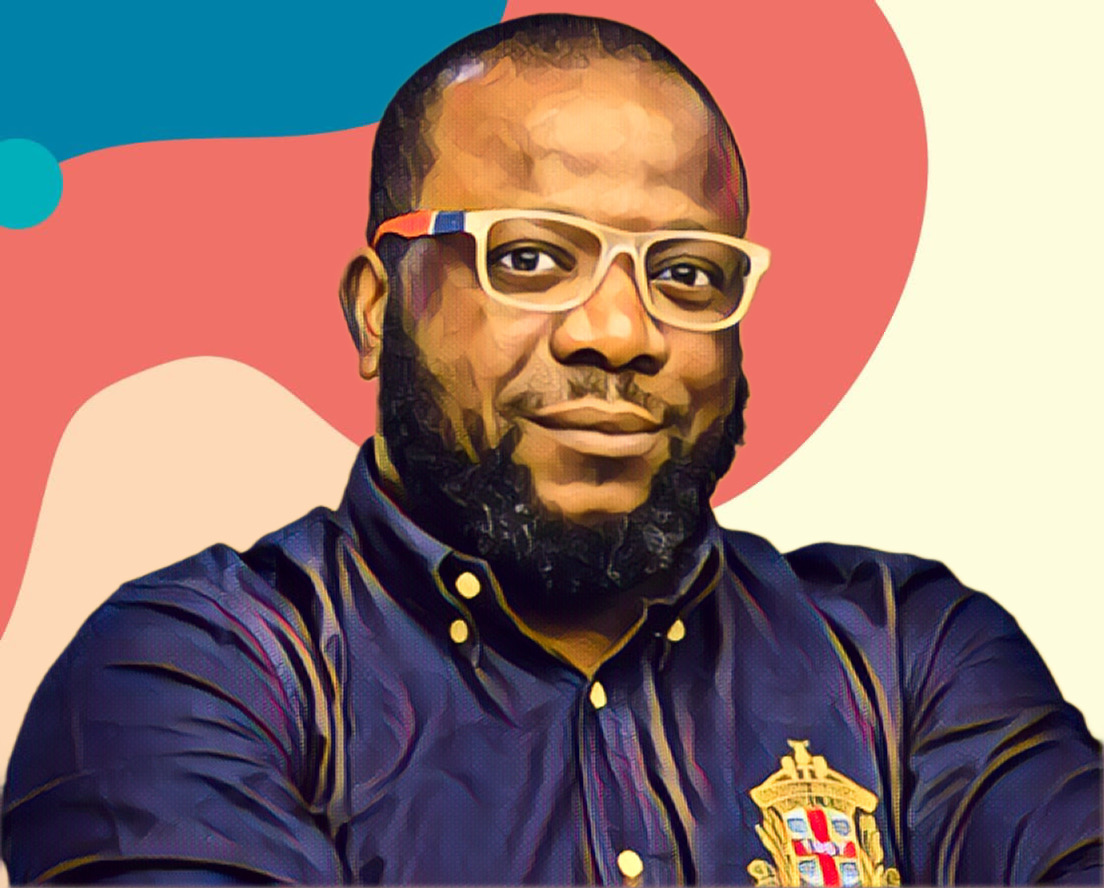KEY POINTS
- Anietie Udoh, a marketing expert from Nigeria, says that brands need to go beyond celebrity endorsements and work closely with content creators.
- He says that micro-influencers and storytellers are now the ones who really get people interested and shape cultural narratives.
- Udoh calls the change “entertainment marketing” powered by authentic, creator-led storytelling.
If Nigerian brands want to get a piece of the booming $250 multibillion dollar economy, Anietie Udoh, Marketing Director at Marketing Edge Publication, says they need to stop using old endorsement methods and start working more closely with digital creators.
At a media roundtable in Lagos, Udoh said that the creative economy, which is now mostly made up of digital entrepreneurs like skit makers, tech reviewers, food vloggers, and comic influencers, has changed the rules of traditional marketing.
Udoh said, “The time of putting A-list celebrities in campaigns is over.” “Today, everyday Nigerians who have built loyal online communities have power.” He said that content creators are now the real storytellers for brands, especially for younger people. He said that millennials and Gen Z want realness, not the polished scripts of old endorsements.
“Nigerian customers want voices that speak their language, both literally and figuratively.” He said, “That’s where creators come in.” But Udoh said that brands often make mistakes when they treat creators like disposable media channels. “They give you a flyer and a script and tell you to post it.” He said, “That’s not working together; that’s being lazy.”
From megaphones to co-creators
Udoh told marketers to include creators in the idea stage, not just when they are distributing. “The best campaigns let creators tell their own stories and use their own voice.” You’re not paying for space on their page; you’re inviting them to be a part of the brand’s story.
He gave made-up examples, like a smartphone company working with a tech reviewer who speaks Pidgin to explain gadgets or a skit about a road trip from Lagos to Benin to show off a phone’s battery life. “That’s how you cut through the noise,” he said. He also didn’t like how people were so obsessed with how many followers they had. “Some Nigerian student influencers with 5,000 followers get more real engagement than those with 100,000.” It’s not about the numbers. It’s all about making connections.
Udoh named creators like Mr. Macaroni, Taaooma, and Korty EO as examples of people whose work, he said, doesn’t just affect culture but shapes it. “They’re not just advertising; they’re also having fun.” That’s the difference.
The creator economy is the new marketing department
He called the change “entertainment marketing,” which is when branded content doesn’t feel like an ad and people don’t scroll past it.
He said that some brands are already working with creators to make products together, using their unique knowledge to make things that people can relate to on a cultural level. “Creators are now a part of your strategy room, not just your plan to get more people to see it.”
He told the heads of marketing to change how they talk to creators. “Stop giving them a banner and barking orders.” Be nice to them. Let them in early. “Build together,” he said.
This isn’t a trend for Udoh; it’s the future. “The creator economy is not a trend. He said, “In today’s world, your creators are your creative department.”
Udoh said that brands need to change or they will fall behind as the media landscape gets more crowded. He said, “If you want to be relevant, you need to resonate, and that starts with telling stories together.”


